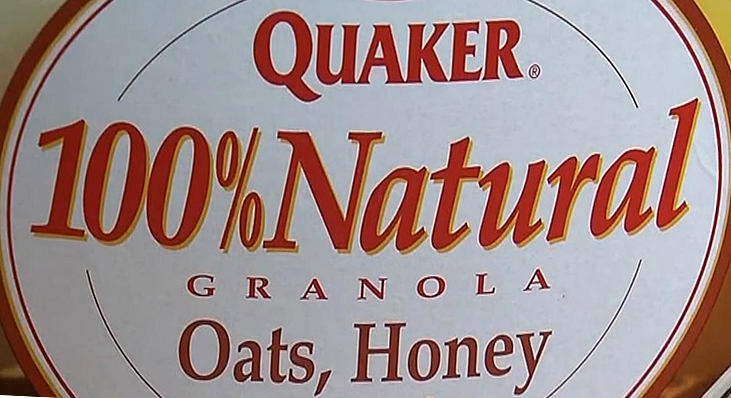
When it comes to today’s marketing of products, there is no word more powerful and effective than “natural.” Natural evokes the primordial benevolence of nature and qualities of purity, freshness and beauty. It is used to promote food, deodorant, candles, clothing and cosmetics. Almost everything non-electronic is now marketed as natural, no matter its origin of manufacture or ingredients.
What is the nature of natural? Some posit that only things arising from nature are natural, and that things created by humans are by definition artificial. Others opine that because human beings themselves arose from the natural world, everything created by humans is therefore natural. In that case, then by definition everything is natural.
Humans are exemplary toolmakers, but other animals make and use tools as well. Chimpanzees, for example, have been observed collecting and preparing sticks they use to capture termites for food. Birds and other creatures use artifacts of nature to construct intricate nests, burrows and elaborate structures of many types. Thus, one may argue that the handicrafts of people are no different than the handicrafts of birds, and hence both are natural. Think woven Indian baskets.
Birds and chimps, however, do not utilize manufacturing technology. Whatever the nature of their creations, they use only the materials of the earth, modified perhaps by their paws, pincers, body fluids or organs. Therefore, the definition of natural might mean something not derived from aggregated components resulting from compounds not otherwise arising from nature. According to this definition, objects derived from chemistry, the use of fire and heat or cold, manufacturing technology, and the transformation and recombination of elements using various forms of energy are not natural, but artificial. Think plutonium.
The evolution of corn from a primitive, tiny-seeded plant to the domesticated fat-kernel variety we consume today, however, required no sophisticated technology whatsoever. In fact, the history of agriculture, until recently, is the history of breeding plants based purely on the observation of characteristics, and the intentional propagation of plants with favorable food qualities. Thus, it appears that the application of human intellect and sensory awareness alone can modify natural things, and encourage dramatic transformation.
Clearly, it is difficult to describe the nature of natural and it is this difficulty that has facilitated the widespread, liberal use of the word natural in so many applications, many of them seemingly highly inappropriate. Think outdoor-fresh-scented fabric softener.
Ours is a culture that can transform anything into a commodity, including concepts and words. This is precisely the basis underlying trademark law; the commodification of the imaginary concept so that financial investment is protected and profit can be made. If the word “natural” had not existed for so long, it might well have been trademarked and its use limited to the benefit of one company solely for its product. Think Quaker Natural Granola.
Ultimately, we understand and interpret the meaning of natural in a completely subjective manner. The word has become so ubiquitous in advertising that it is now an almost meaningless adjective. In another age, perhaps, an alternative term may arise to signify those elements of experience which manifest without human encouragement or participation. Of course, since language is also a human creation, such a term will inevitably be subjective, as well. Our confusion, you see, is also entirely natural.